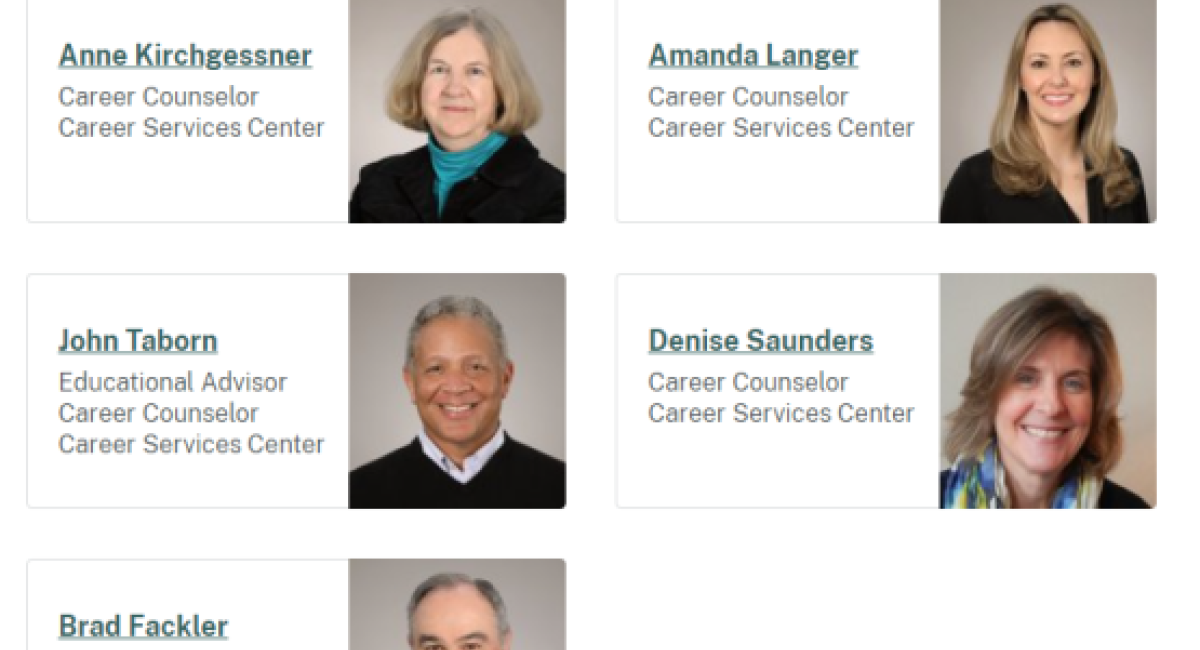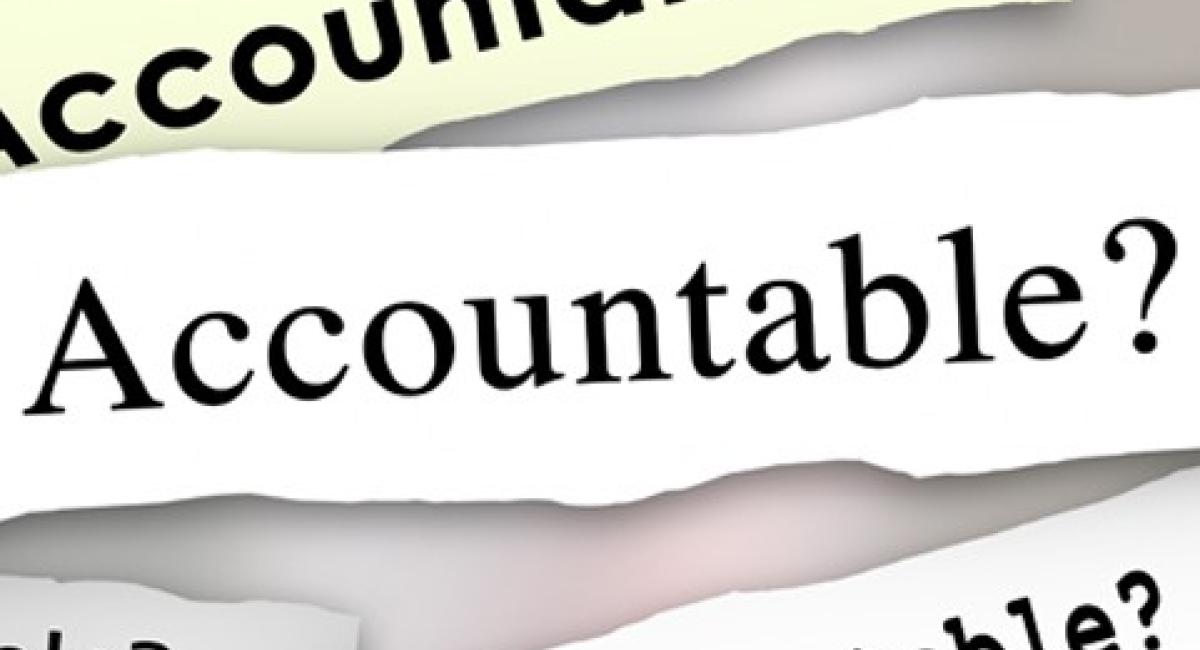A few years ago, LinkedIn (LI) rolled out a new feature to help make it clear to employers that you have the necessary skills. LI developed online assessments which have been designed by subject matter experts and are in different topic areas like business, technical, and design.
LI users can take an assessment by navigating to the skills section of your profile and selecting the relevant Skill Assessment. These assessments are timed. If you have a disability, you can activate the accessibility feature for Skills Assessments which should give you more time to complete the test.




